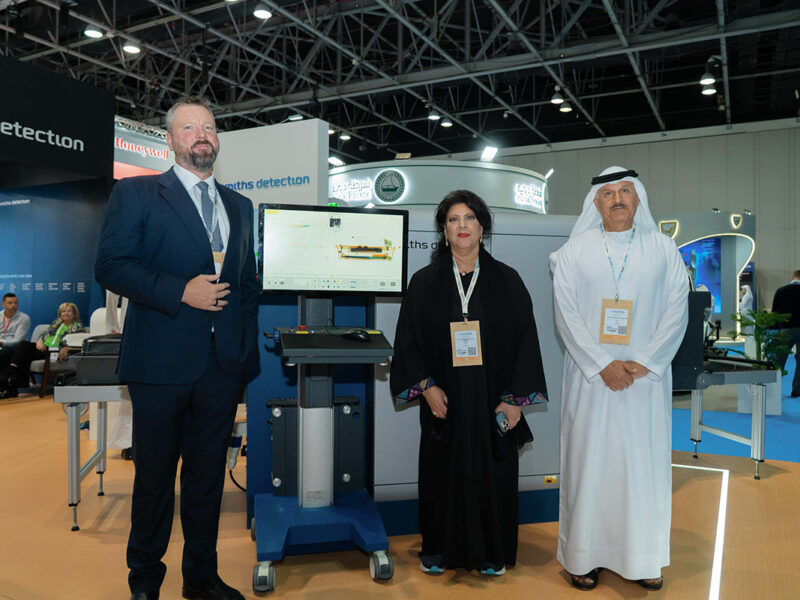While much of the glamour around datacentres rests on the serious-looking hardware that goes into it – not to mention a facility that looks like something from a certain type of science fiction movie – the software that runs on the kit is equally – if not more – important.
The move to x86 server architecture has arguably transformed much of the processing power of a datacentre to the level of a commodity – albeit a very significant commodity. But the choice of software platform can make or break a company’s IT systems.
Although the field has thinned, there are still plenty of contenders for the server O/S crown – Unix and its variants hold steady, while the open-source Linux systems continue to build on an already strong user base.
And then there’s Microsoft Windows Server; unlike its desktop brethren, Windows Server is not the ubiquitous O/S for the server space. Microsoft’s lingering image problem within some of the more technical areas of the IT community doesn’t help, but the real battle is between Windows and the big beast of Unix.
This is a battle Windows appears to be winning, though. Research from IDC shows that, as of the first quarter of 2007, Windows Server took US$4.8 billion of the global server market, a 38% share of spending. In comparison Unix took 31% of the market by spend, while Linux came in at 12.7% of spend, growing at 10% year on year.
Despite Linux’s strong growth, Windows Server surpassed the open-source system with 10.4% on the year before – the first time Windows has beaten Linux for growth since 1998, when IDC started tracking Linux sales, according to the research company.
We wanted assurances from Microsoft that all support would be forthcoming to ensure this project will be a complete success.
So far so good, then, for Microsoft’s efforts to conquer the demanding server market. The next step for the vendor will be the move to Windows Server 2008, following on from the 2003 variant currently available. The Redmond firm expects to release Server 2008 in the second half of 2007 – in practice, industry observers expect the O/S to appear late in the half.
Server 2008 is currently at the Beta stage, with Beta 3 just released to the public. While techies around the world will be pushing the system to the limits, Microsoft is also engaging in its own more rigorous programme of testing.
A critical component of this is running the O/S in live test sites. Microsoft has invited around 200 of its global customers to take part in pilot testing of Server 2008, including three from the Middle East. The regional organisations – Abu Dhabi Commercial Bank (ADCB) in the UAE, Agility in Kuwait, and Oman Mobile – are all now in the proof-of-concept phase of testing.
“What differentiates these customers from any others doing testing is that they have very close interaction with the Microsoft development team in Redmond,” explains Desmond Nair, business group manager at Microsoft Gulf. “The communication that takes place between these early-adopter customers and Microsoft is at the highest level – we ensure that the product gets feedback from real-life scenarios. At the same time, we’re able to assist the pilot members with any integration or usage issues that come up during the Beta.”
The IT teams at the three regional guinea-pigs will run Server 2008 in an operational environment – after completing the usual testing and trialling. The organisations aren’t paid for the testing, but instead Microsoft provides its consultancy services free of charge for the duration of the trial – and of course the end users get an advance look at the O/S, as well as a direct line to high-level support and advice from Microsoft’s developers.
“As a Microsoft partner, we are always on the leading edge when it comes to new technology and Windows Server 2008 is no exception,” says Mohammad Ghassan Farra, chief technology officer at Agility in Kuwait. “Microsoft promises customers more control over everyday tasks, greater flexibility to address new business needs, and increased protection for servers, network, data and users and this is what we would like to test.
“The project will be a chance to explore the new features of Windows Server 2008 in real life and explore how it could be best used to address organisational requirements, and eventually devise the best migration strategy to the new O/S,” he adds.
ADCB’s head of IT services and support, Chris Dcosta, shares Farra’s sentiments: “We feel that this project will help us adapt rapidly to changing business needs. We also believe that it will enable us to deliver quicker, more reliable, scalable and secure services. ADCB strives to implement innovative technologies that will place our institution one step ahead of the competition.”
When Microsoft approached the firms to take part in the pilot, the prospective testers naturally had some points to clarify. Among the most important areas of potential concern was how much time Microsoft would be able to devote to the project – as well as the resources the host organisation would be expected to contribute.
“Whenever we take up any project we want it to be a total success as well as being completed on time. We wanted assurances from Microsoft that all support would be forthcoming to ensure this project will be a complete success. Microsoft has committed to support us every step of the way, and so far it has,” says Dcosta.
This project will help us adapt rapidly to changing business needs. We also believe that it will enable us to deliver quicker, more reliable, scalable and secure services.
For Agility’s Farra, the firm’s ongoing infrastructure project was the most significant factor when considering whether to get involved in the trial: “The most important issue was our infrastructure road map, and how Windows Server 2008 would fit into it, and what it could add. Other issues included the resources needed, the project time frame, and the value that this project bring to our organisation.”
All three organisations – along with their world-wide counterparts – will be providing detailed feedback, and receiving support, up until the final version of Server 2008 is released. By that time the enterprises will have accumulated first-hand experience of the system well ahead of their competitors – and Microsoft will have, hopefully, gained a vital insight into how its latest system is likely to fare in the real world.







